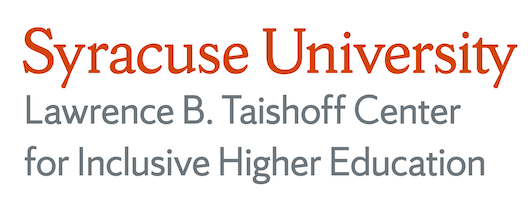Designing and Implementing PSE Opportunities for Students with ID: An Illustration of Quality, Access, and Inclusion
A Case Study of Quality, Access, and Inclusion
DOI:
https://doi.org/10.13021/jipe.2021.2940Keywords:
IDD, college experience, sustainability, CTPAbstract
The college experience described in this paper created normative opportunities for exploration and development on a university campus for students with intellectual disabilities (ID). This project was one of 27 Transition and Post-secondary Programs for Students with Intellectual Disability (TPSID) projects to receive a five-year grant in 2010 from the Office of Postsecondary Education (U.S. Department of Education). The purpose of this case study article was to describe the process for meeting criteria for TPSID funding and subsequent university approval. A major question addressed the design features that support the achievement of academic, career, and independent living goals through an experience that matches that of degree seeking students and meets requirements of a Comprehensive Postsecondary Transition Program (CTP). The second question addressed project implementation issues requiring resolution to achieve sustainability and university program approval. In other words, the history of project implementation and policy development was provided with an assessment of the degree and manner with which TPSID grant goals and university approval were met. The major implication is the importance of the integration of policy and research at all levels of the university to inform practice. This may provide a structured framework for programs pursuing sustainability and institutional commitment.
Downloads
Published
How to Cite
Issue
Section
License
Copyright (c) 2021 Robert Flexer, Robert Baer, Rachel McMahan Queen

This work is licensed under a Creative Commons Attribution-NonCommercial-ShareAlike 4.0 International License.




